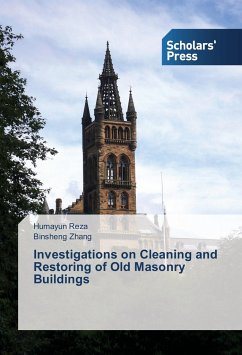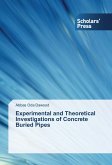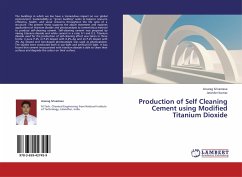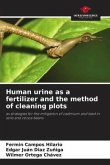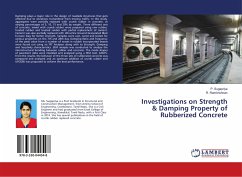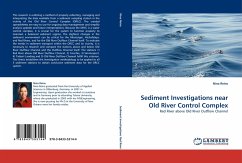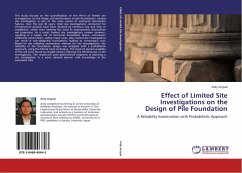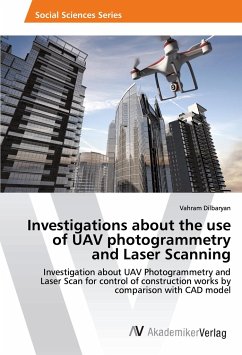In this study, a series of physical and chemical tests were conducted to investigate, evaluate and improve the building cleaning efficiency. Seven different abrasives were adopted for air abrasive cleaning, including copper slag (coarse, medium and fine), recycled glass (coarse, medium and fine) and hazelnut/almond shell (natural abrasive), on a total of eight masonry stones and clay bricks, including yellow and red sandstones, limestone, marble, granite, and white, yellow and red clay bricks. Physical investigations included sieve tests and impact tests on the abrasives, advanced greyscale image analyses, thickness reduction measurements, Vickers surface hardness tests, Charpy impact tests and water absorption tests. Chemical investigations included Scanning Electron Microscope and Energy-Dispersive X-Ray Spectroscopy analyses. The chemical investigations by using the SEM and EDX techniques showed that the chemical substances on the masonry surfaces varied largely for different types of masonry stones and clay bricks. This study showed the way to detect such soiling using chemical analysis by monitoring the changes in chemical elements/compounds during the building cleaning.
Bitte wählen Sie Ihr Anliegen aus.
Rechnungen
Retourenschein anfordern
Bestellstatus
Storno

